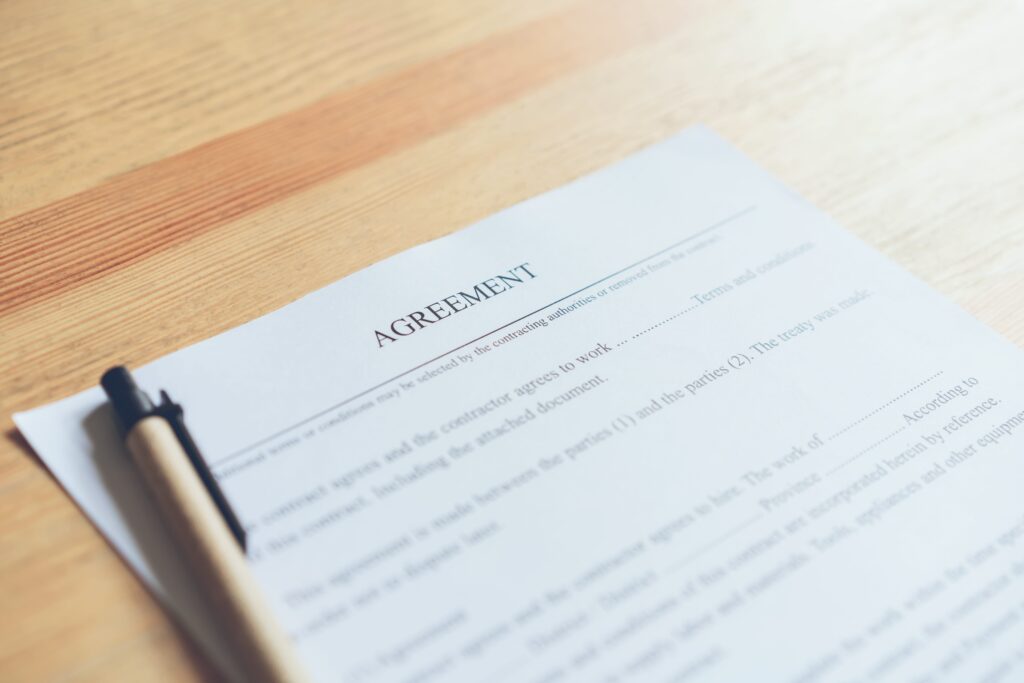Freelancing in Africa comes with its own set of challenges. African freelancers have to work with clients across countries and cultures who think that hiring Africans equals cheap labour and unfavorable working conditions. During the hiring process of a freelancer, one of the most overlooked but critical stages of freelance engagement is the interview. Freelance interview red flags should never be ignored.
Many freelancers are so focused on impressing the client that they forget they’re also allowed and encouraged to assess whether the client is worth working with. Recognizing freelance interview red flags early can save you from projects that end in stress, low pay, or no pay.
Freelance Interview Red Flags: What Freelancers Should Watch For
1. Vague Project Descriptions
One of the first signs that a project may not go smoothly is a vague or confusing project description. During the interview, if the client seems unsure about what they want, struggles to explain the goals, or keeps using broad phrases like “just help us with content” without providing specific deliverables, that’s a cause for concern. Freelancers need clarity to do their work well. Without a well-defined scope, you may end up working more than agreed, with unclear expectations and shifting priorities.
2. Unwillingness to Sign a Contract
Every professional relationship should be backed by some form of agreement. If a client resists signing a contract or dismisses the idea entirely by saying things like “Let’s just trust each other,” it’s a clear indication that they may not respect boundaries or professional standards. For African freelancers, a signed contract is even more essential since it helps build trust when dealing with international clients. It also outlines payment terms, timelines, and scope of work, giving you a level of protection that verbal agreements simply cannot provide.

3. Requests for Free Work or “Sample Tasks”
While it’s common for clients to want to see examples of your past work, it becomes one of those freelance interview red flags when they ask you to complete an unpaid task as part of the interview process. These types of requests often come disguised as “just a quick test,” but can turn into full-scale work with no compensation. If a client is serious about hiring, they should be willing to either review your portfolio or offer payment for a trial project. Unfortunately, many African freelancers fall into this trap, hoping the free task will lead to long-term work, only to find out the client never intended to hire anyone.
4. Unrealistic Timelines or Budgets
Sometimes, clients will describe a project in a way that makes it sound simple, but as they continue talking, it becomes clear that they expect a lot in a very short amount of time. You may hear things like “It should only take you a few hours,” even though the task would realistically take days. Similarly, some clients may suggest a rate that’s far below industry standard, promising exposure or future opportunities instead of fair pay. Freelancers in Africa often face this challenge from international clients who assume cost-of-living differences justify extremely low offers. Your time and skills deserve to be valued appropriately, no matter where you’re based.
5. Vague or Suspicious Payment Terms
Vague or suspicious payment terms are one of the freelance interview red flags to avoid. A client who avoids answering direct questions about payment terms, methods, or timelines should not be taken lightly. If they can’t clearly explain when and how you’ll be paid, or if they propose unverified platforms, that’s a risk to your financial security. This is especially true for freelancers in Africa who may already face limitations in receiving international payments. Always ensure that payment methods are agreed upon from the start, and be wary of anyone who seems unsure or evasive about this.
6. Poor Communication Style
Communication sets the tone for any project. If the client shows up late to interviews, takes too long to respond to emails, or speaks in a way that feels dismissive or unclear, those are signs of what’s to come. Disorganization and poor communication at the interview stage usually carry over into the working relationship. This can result in delayed feedback, scope changes without warning, and an overall stressful experience. For African freelancers working with clients in different time zones, poor communication can make collaboration even harder.

7. Negative Reviews from Other Freelancers
Before accepting any job, it’s smart to check whether the client has a reputation, especially if you’re meeting them through a freelance platform. Negative reviews, unpaid invoices, or reports of unprofessional behavior from other freelancers should be taken seriously. Many platforms like Upwork or Fiverr allow freelancers to leave feedback about their experience, and a pattern of complaints can be a clear indication that the client may not be trustworthy. Even off-platform, doing a quick Google or LinkedIn search can give you a better picture of who you’re dealing with.
8. Overemphasis on Loyalty or Exclusivity
Some clients start talking about “long-term potential” or wanting a freelancer who’s “100% loyal” before any work has even begun. While long-term partnerships can be valuable, it’s risky when a client pushes for exclusivity without offering a retainer, contract, or guarantee of steady work. This can become a subtle way to control your schedule without actually committing to it. As a freelancer, especially in a growing market like Africa, flexibility is your strength. Don’t give it up for vague promises.
9. Inconsistent or Shifting Project Goals
Sometimes during the interview, you’ll notice that the client’s expectations are constantly changing. What started as a request for a few blog posts suddenly turned into a full content strategy, plus social media, plus admin tasks—all without an increase in budget or a change in timeline. This kind of shifting scope is a major warning sign. It usually means the client is either unsure of what they need or is hoping to get as much work as possible for a fixed price. Clear boundaries and well-defined roles are essential to avoid burnout and frustration down the line.
Conclusion
Freelancing offers freedom, flexibility, and the ability to work with clients all over the world—but that freedom comes with the responsibility of protecting yourself. Recognizing freelance interview red flags is one of the most important steps in building a sustainable, profitable career. For African freelancers, who often navigate time zones, payment barriers, and cultural differences, being able to spot the signs of a bad client is more than just a nice-to-have—it’s essential.
Treat every interview as a two-way conversation. You’re not just trying to land a project; you’re also assessing whether this client is worth your energy. When something feels off, it usually is. Trust your instincts, set clear boundaries, and remember that you have the power to walk away. Don’t forget to read our other blog articles and join our freelancers’ community to share your ideas and experiences.





